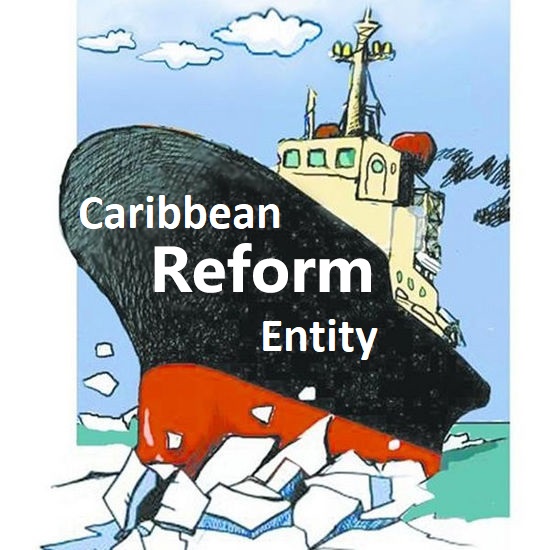Rejected? Yes; no; well, maybe
 By Hilbert Haar
By Hilbert Haar
I always thought that when a woman says no she means no but apparently the rules in politics are different. This thought crossed my mind after reading the press release from the Prime Minister’s office upon her return from The Hague where Curacao, Aruba and St. Maarten heroically refused to accept the kingdom’s conditions for continued liquidity support.
“All countries stood their grounds in not accepting the conditions attached to the loan as presented by the Netherlands because it infringes on their autonomy.” To make things perfectly clear, Jacobs added in her press release “that St. Maarten will not politically agree to something that would normally require a full round of discussions.”
I asked the spokesman of State Secretary Knops the following question: “Did St. Maarten or its Prime Minister Jacobs say no to everything or did she show preparedness to negotiate?”
This was the answer: “After last Friday we are obviously still speaking with all three countries, but we do not make any statements about the content of these talks.”
Based on this response I think it is reasonable to assume that there is indeed still room to negotiate. Otherwise, why bother to talk?
That “full round of discussions” PM Jacobs refers to will happen in the process of implementing the consensus kingdom law Caribbean Reform Entity. It is now clear that the draft will go to all Councils of Advice, and that it will be discussed in all parliaments. In other words: it will follow proper procedure.
So what is St. Maarten still talking about with the Kingdom? Let me guess: about separating the consensus kingdom law from the conditions for liquidity support; about maybe dropping ten, or fifteen (choose your number) measures from the 59 projected activities of the Caribbean Reform Entity; or about forgetting this entity altogether.
The government does not even have to demand that the Kingdom forgets all about this reform entity: the Parliament could do the dirty work by voting against the consensus kingdom law. End of story.
But in case the Kingdom persists in making this law a condition for liquidity support, the only option St. Maarten has left is stripping this new entity of as much of its authorities as possible. Whether that will work is of course another story. It would be a rather awkward attempt at saving face anyway, because St. Maarten, just like Curacao and Aruba, has acknowledged that reform is a necessity.
The reform entity is a long way away from becoming a reality – the deadlines mentioned in the document that outlines its activities read like a pipedream on steroids – but it is also a long way away from not becoming a reality at all.
Maybe the prime minister can turn her initial no into a viable alternative, though right now I have no idea what such an alternative would look like.
Best thing to do is to keep in mind that I am not a politician and that the elasticity of my brain is limited as far as all things politic is concerned. At the same time, common sense tells me that the people, and not the politicians, will suffer the most if this political drama turns out badly.
One last thought: you cannot eat autonomy.
###
Related articles:
St. Maarten Rejects ‘New Entity’ under Consensus Kingdom Law in Kingdom Council of Ministers Meeting
Caribbean Reform Entity has 59 measures in mind


























